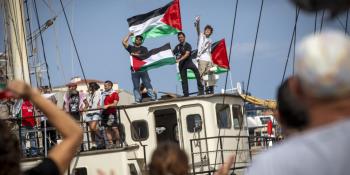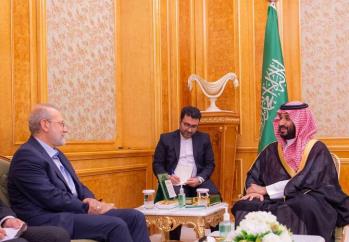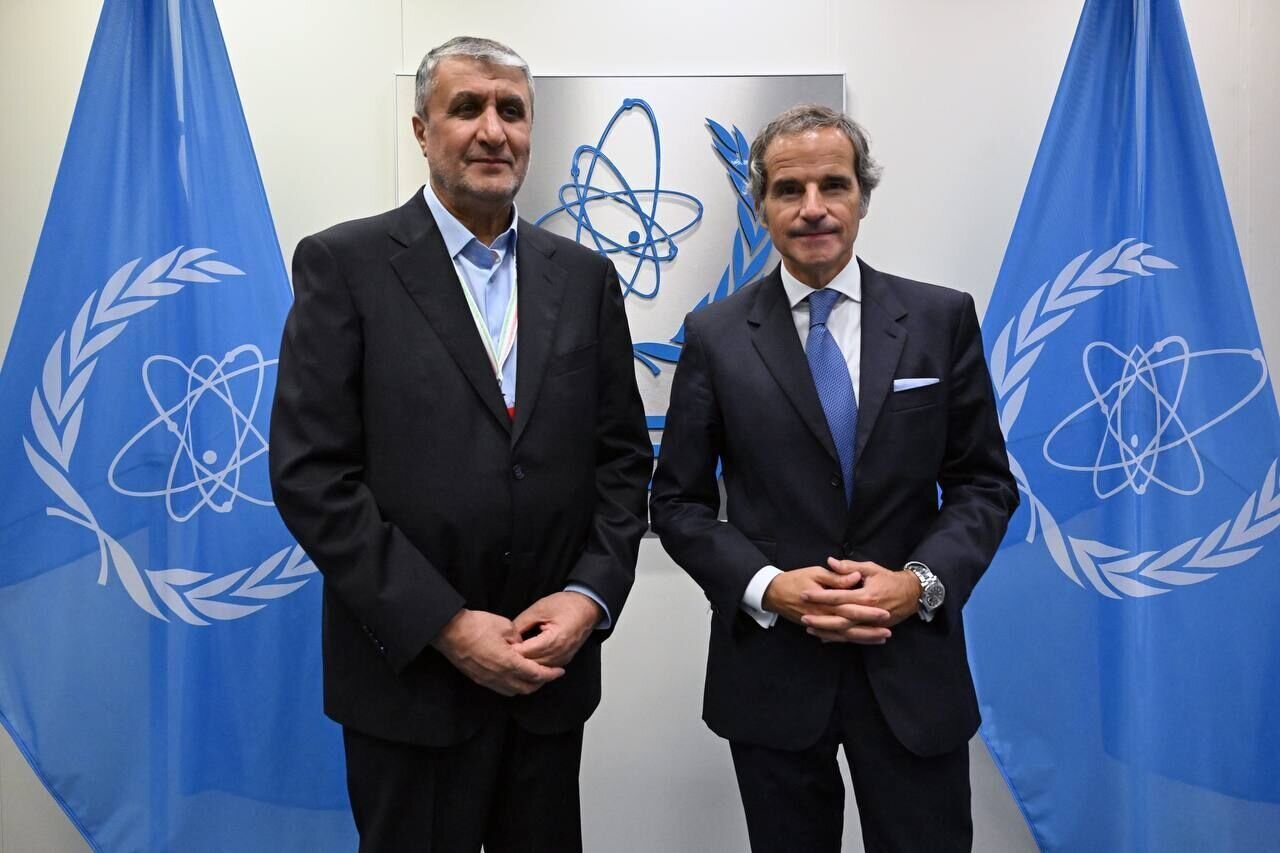ALWAGHT- According to the head of the Atomic Energy Organization of Iran, European states took on “tougher, more rigid stances” immediately after Iran and the IAEA reached their agreement.
On September 9, Iran’s Foreign Minister Abbas Araghchi and IAEA Director General Rafael Grossi reached an agreement in Cairo to resume cooperation. Despite European countries previously calling for Iran’s engagement with the agency as a key condition, AEOI head Mohammad Eslami said that Europe adopted tougher positions immediately after the deal. France, Britain, and Germany later triggered the UN’s “snapback” mechanism to reinstate sanctions on Iran.
Eslami also highlighted that the Iranian Parliament had unanimously passed a law on June 25 to suspend cooperation with the IAEA, following retaliatory operations against Israeli-US strikes on three of Iran’s nuclear sites. He stressed the need to revise the safeguards system, noting that no mechanism currently exists to address military attacks on nuclear facilities, and argued that inspection procedures must be redefined under such conditions.
Speaking at the IAEA General Conference in Vienna, Eslami said Iran’s participation was vital to counter US and Israeli pressure campaigns and to highlight violations of international law. He further announced that Iran had submitted a resolution to the UN atomic agency, calling for a global ban on military attacks against nuclear installations.



























